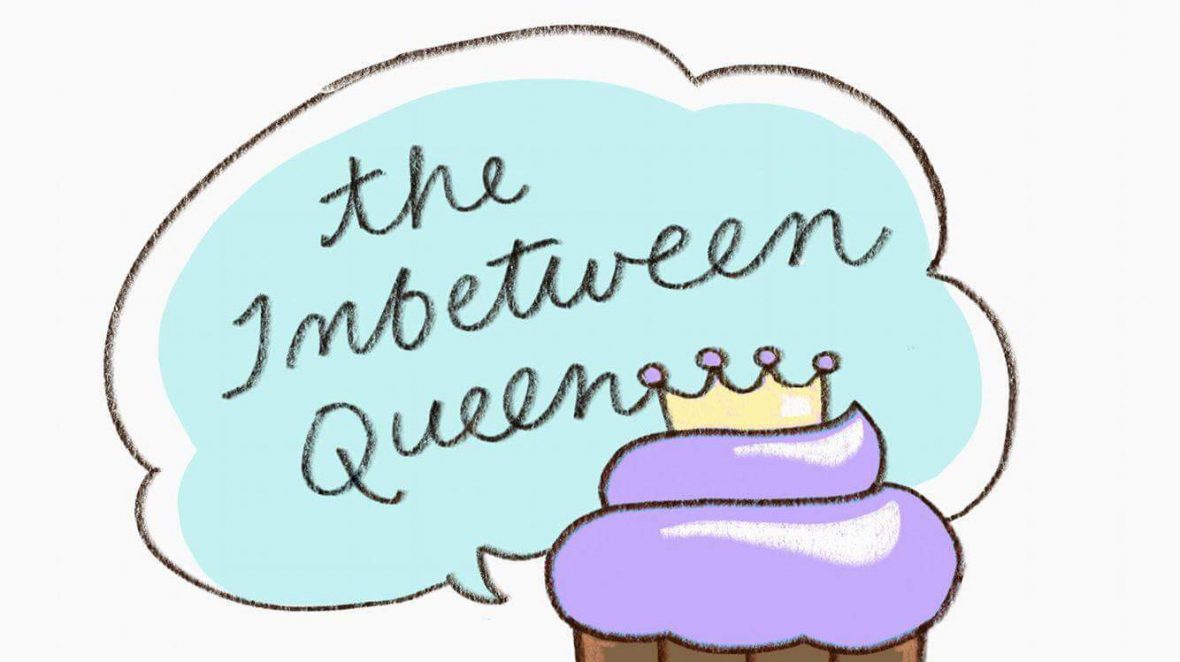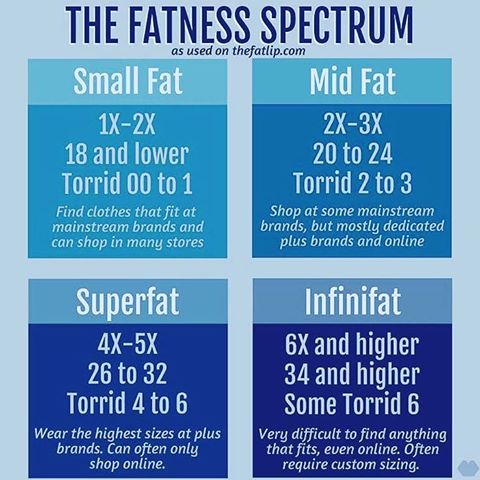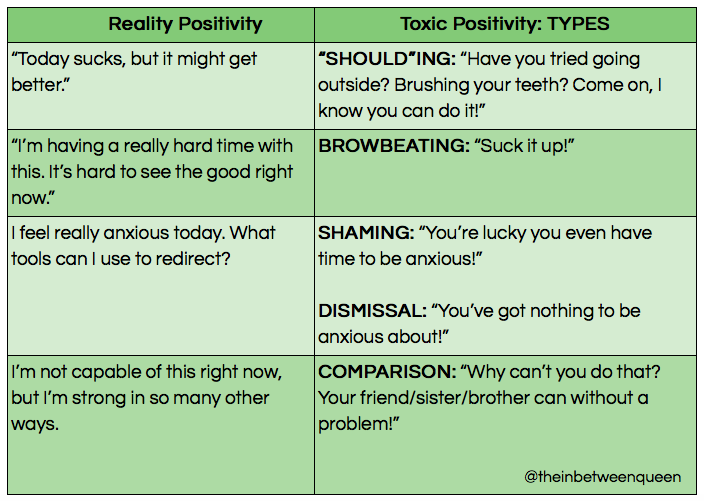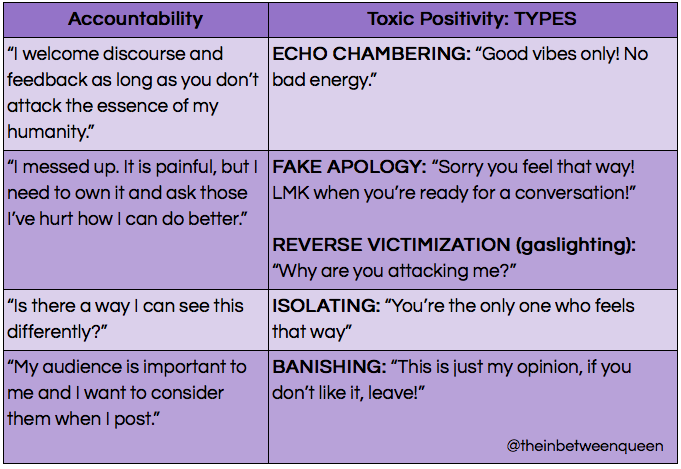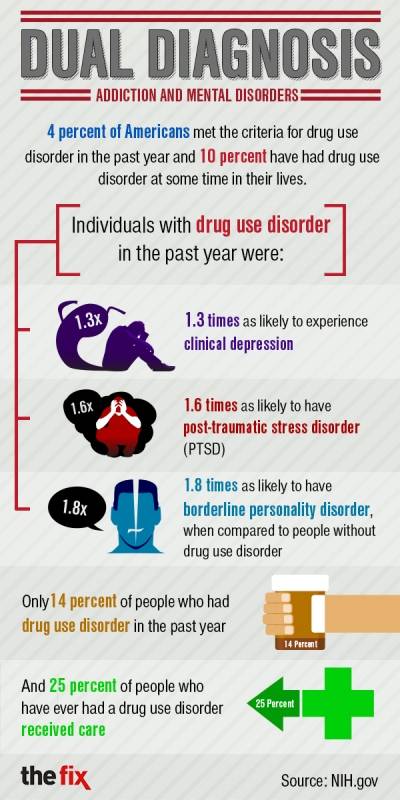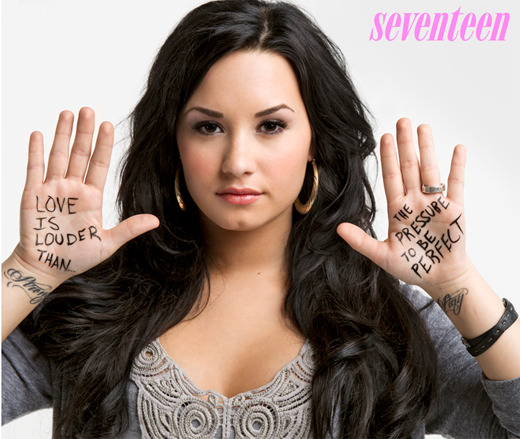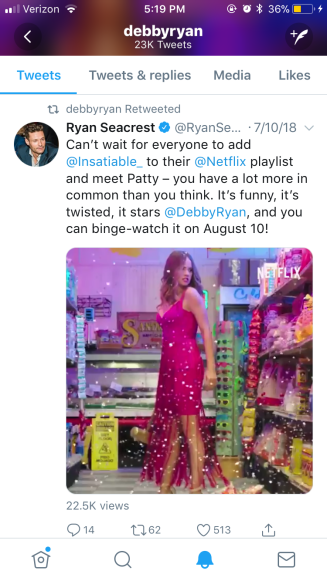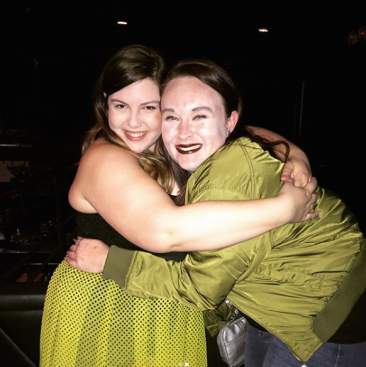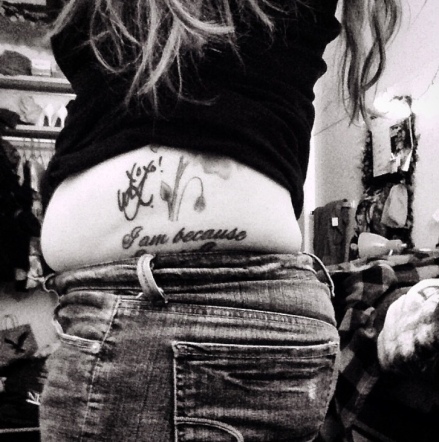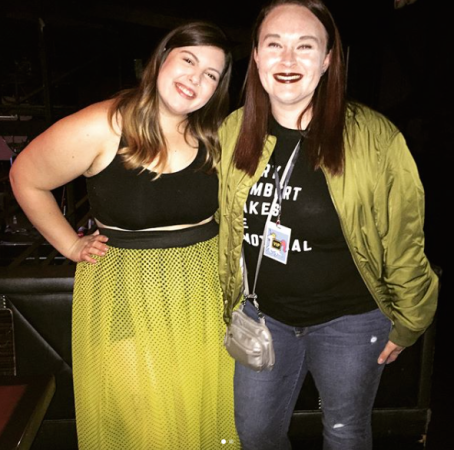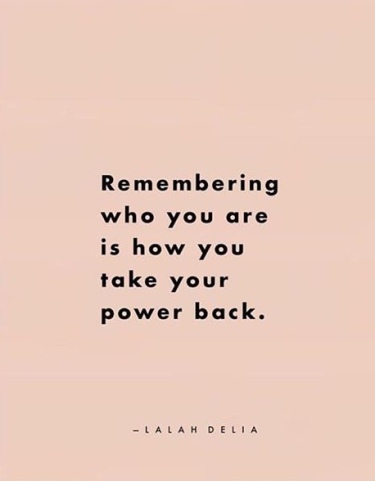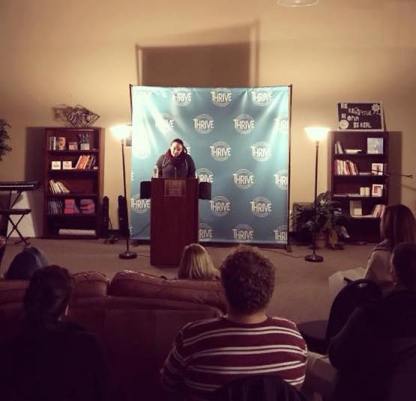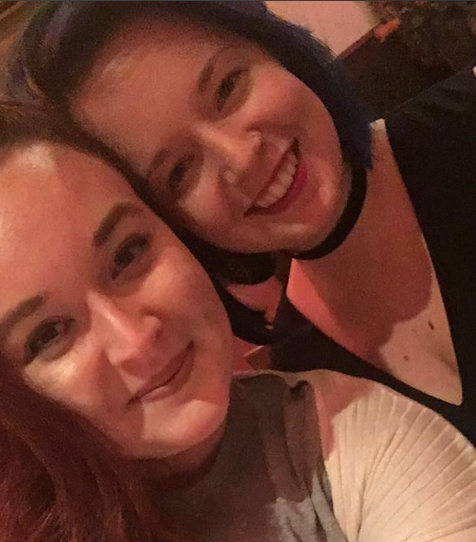Therapy is magical.
Seeing a therapist has been part of my life and my story since I was eight years old. I started in a small office in an old, two-story Victorian style house a few towns away when my parents got divorced. We’d get Wendy’s on the way there right after school. Mostly, my therapist Barbara and I played board games and drew about my feelings. I wrote poems. I talked about not feeling like I belonged at the Catholic school I went to, and the confusion of all of it happening to me at once.

In fourth and fifth grade, we had a group at school called “Banana Splits” where we met weekly or monthly during my lunch time and ate together and talked. It was a group of kids whose parents were going through a divorce or who were already divorced, and I actually found a lot of peace there. I don’t know the logistics of how I was enrolled, but I just remember it being safe and helpful to me at a time when I was so, so lost in a new elementary school and still maladapting to my parents’ being apart.
I found a therapist in middle school who I saw up until my high school graduation. She got me through episodes of depression, anxiety, bullying, self-harm, (then) undiagnosed, eating disordered behavior, coming out to myself, ending my relationship with my biological father, and recovering from what I knew at the time to be an addiction to self-harm and self-imposed destruction.

I saw her through my diagnoses of depression and anxiety at age 17, and there were so many instances in which I can say she saved my life. She’s passed on now and someone else lives in her house (which also used to be her office); but I am so grateful to her for how much she helped me in the seven years I sat in her office baring my broken soul all that time.
Throughout college I had a few episodes of suicidality, in which I was recommended on mandate to the University Health Center Psych Services. Their intake crisis counselor became my therapist outside of school, and she would get me through four years of college and phone sessions until a year after that. She was like the mom I needed, the one who didn’t nitpick my outfits or police my food–she nurtured me.
Doc M saw me through unhealthy coping mechanisms and even unhealthier codependent relationships, coming out to my family, navigating college with anxiety. After a major breakup and a year of graduate school, I was managing okay. It was mutually understood that I was ready to move on.
In December 2018, I sought therapy again for the first time in a few years, immediately following a relapse. The first thing I did was look up “eating disorder specialists” on my insurance website, as well as on Psychology Today.
I found a therapist with Friday appointments, who took my insurance, close to my house. I had also at this point started drinking again (which most of you know, I don’t do) so I knew this was yet another bottom I’d need picking up from, with more than just an app and a text to the crisis line acting as a de facto “treatment team.”
This person’s profile also contained the usual client-focused questions that tell a person seeking their help virtually nothing about their experience with specific issues. The video I linked above is a really good comprehensive primer about how to find a therapist who will do a better job for you by asking the right questions and demanding the right level of care for yourself through a series of “what to look for.” (Note that it’s pretty new-agey/weird Portland OR specific; maybe I should make one for the Long Island area).
This therapist, according to my insurance website, listed eating disorders as a specialty.
This was not the case.
I will say, this therapist often gave a lot of really good feedback and didn’t let me stew in my own sh*t longer than I needed to. I got a lot of what I needed, not wanted, to hear, and was always tasked a lot of reflecting to do. But I’d never experienced a therapy session in which 90 percent of the talking was done by someone who wasn’t me for an entire hour, where specific issues that I had been clear about addressing were forgotten about in favor of talking about this person’s politics, and where conversations that just mentioned my LGBTQ (particularly transgender) friends were taken as a challenge and a debate in which I was asked to educate this person about those issues. They also frequently made jokes about scheduling appointments not too far apart so they could get paid, and then inserted “for continuity of care” as an afterthought. It was…weird. In hindsight, it was probably a huge red ethics flag.

Most significantly, I never really got the help that I needed, and asked for, for my eating disordered behaviors. Those continued. And in their office were books about the keto diet, gluten free fad literature, and other triggering and unhelpful things that signaled to me that this person was indeed not the therapist who could or would help treat my eating disorder, despite their best intention and the fact that my own insurance company said they were qualified to help.
I saw them continuously for about nine months before ghosting them entirely. Since then, I rely mostly on my brilliant and amazing psychiatrist for therapy. I’ve been seeing him for three years this spring, and there has literally never been a session I haven’t left with a smile on my face. He even told me to give that therapist a shot and not “break up” with them…but I’m actually faring really well with just my psychiatrist’s help for the time being.
Don’t get me wrong, it’s really difficult to maintain executive functioning sometimes without a weekly and frequent therapist. But that’s why I’m so grateful for all the skills and ideas I have learned in therapy up to this point, in the past 17 years since I started in and out of a therapist’s office. I also am so grateful for different apps like Sanvello, Recovery Record (which, admittedly, I need to use more often!) and the cultivation of a spiritual practice that involves regular ritual, community, and openness to learning.
Breaking Up Is Hard to Do
Breaking up with a therapist is never easy–heck, I ghosted mine. I guess I did this for a few reasons a) saying outright “you’re really transphobic and I want to recover and this isn’t helping me do that” is a mouthful of awkward, and b) I didn’t really feel like I owed this person that explanation or any at all. I felt like “do no harm” was not happening for me, no matter how well-meaning this professional was; which solidified my need to survive first and cut ties with this person without much communication.

I haven’t been back since September, and I’m okay with that. Has my journey with ED been bumpy at times? Absolutely, especially now at a time when health stressors are high for our entire culture and I’m navigating a potential chronic digestive illness.
But I’m managing, and actually, this time away from my work has allowed me more time to self-care and make time for the things that I don’t get to do ritually for my mental health. So I’m feeling grateful, despite not having a formal “treatment team” or never really having been to treatment despite likely needing it.
Self Advocacy is EVERYTHING.
Especially when it comes to eating disorder recovery and other specific diagnoses within the mental health field, you have to know what to ask for. I am no longer afraid to ask potential therapists what their experience is in eating disordered behavior and treatment, and whether or not their approach involves HAES.
A list of questions (that you are absolutely entitled) to ask a potential therapist for your ED:
- What is your training in eating disorders?
- How do you understand eating disorder recovery?
- Would you give the same mental health advice to a thin/fat person?
- What do you know about HAES, and do you align with the philosophy and science that supports it?
- What is the efficacy or effectiveness of Overeaters Anonymous? Do you recommend this program to everyone who you believe has an ED?
- How do you treat the twofold illness of disordered eating and body dysmorphia?
- Can I count on you to avoid weight talk or weight bias?
- What is your approach to treating anorexia?
- What is your approach to treating bulimia (conventional or exercise bulimia?)
- What is your approach to treating binge eating disorder? (if their answer is weight loss as a primary treatment, get a second opinion)
- What is your approach to treating orthorexia?
- Do you believe that a person can fully recover from an eating disorder?
- What resources are you connected to in case I may need a higher level of care? Will you support me in accessing that higher level of care if necessary?
(A note to therapists: involving diet culture, weight loss or other fatphobic approaches when treating folks with ED will NOT help them recover–promise).
I think it’s important to look FAR beyond what the insurance company website says a person specializes in, and straight up email/ask them yourself. If they spent a weekend doing a seminar or crash course at a Renfrew, that’s not eating disorder specialized. If they diet regularly and subscribe to the culture that renders some bodies more deserving of help than others, that’s not eating disorder specialized–that’s food/disorder fixated.

Find a therapist who spent time doing LONG rotations at ED clinics, reading up on and taking continuing education courses in the specific manifestations of disorder you are looking for treatment in, someone who knows the harm that diet culture does and is at least able to recognize the HAES framework. And don’t stop asking questions about what they have done to prepare to treat and empathically understand the FULL scope of your illness in the here and now. The only boundary I would say is off limits is outright asking them about their personal experience with eating disorders–that’s not your story to hear; it is only their story to tell, just like yours is your own.
Wondering out loud here for you, my LI/NY followers–would we like a video similar to the one I shared above, for New York based treatment options for those of us with ED? Let me know.
Stay safe and healthy out there, everyone!
